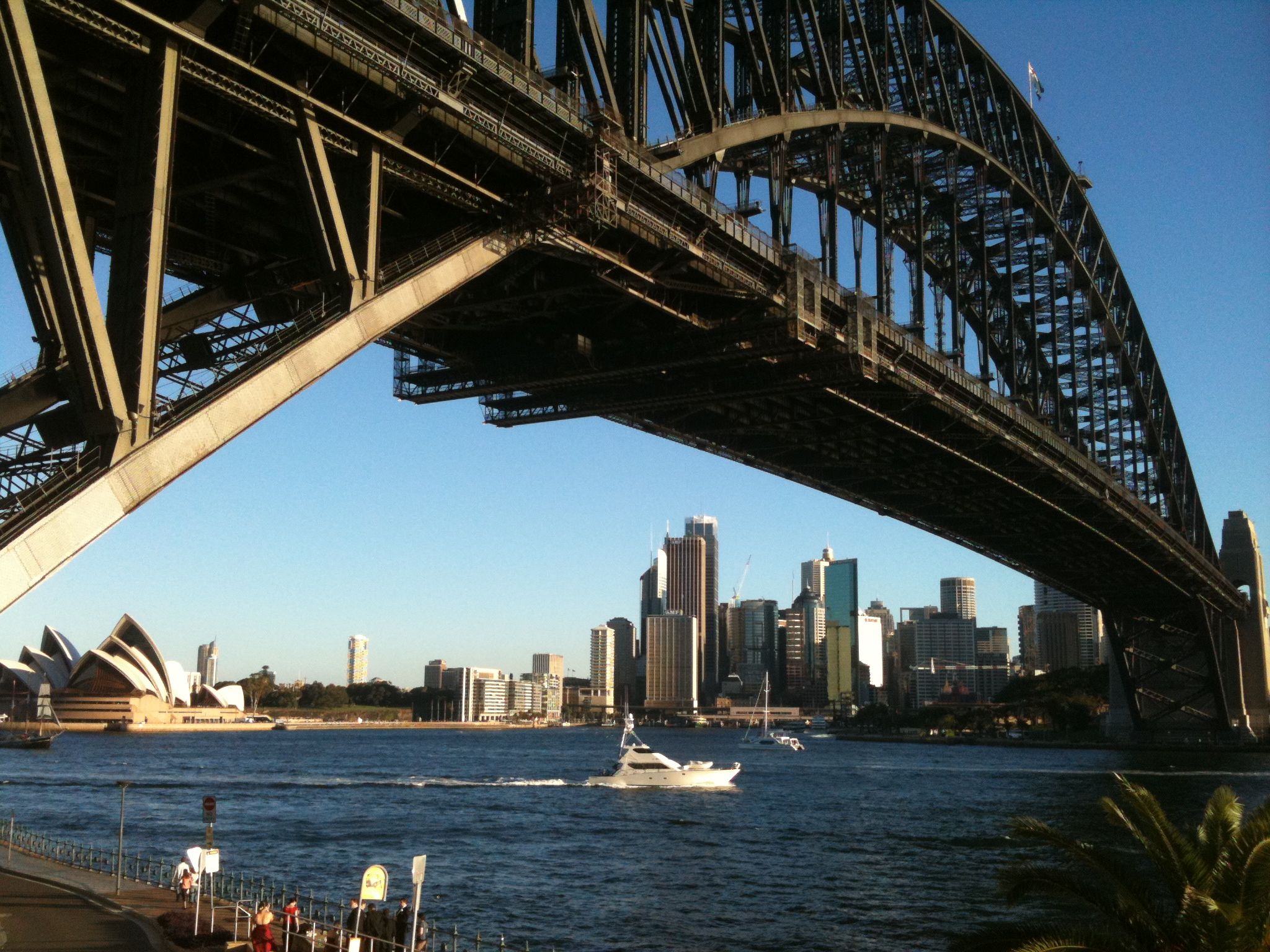Today I have a piece up in Technology Spectator on PwC’s Expanding Australia’s Economy report, the headline for which probably guarantees I’ll never get a job in a large Australian corporation again.
While the headline – which wasn’t mine – is inflammatory, there is an element of truth to it as Australian companies have become far more insular and comfortable in the last twenty years.
It wasn’t always like that, for a brief period in the late 1980s and early 1990s corporate Australia was prepared to take on the world. But something happened in the mid 1990s.
John Winston Howard
One of the key turning points was the election of the Liberal government in 1996, John Howard’s fundamental belief was that things were better in the 1950s and Australia should return to those days. He delivered.
The Australian people thought his vision was a great idea, having become exhausted by the reform agenda of the 1980s Hawke and Keating Labor governments that had opened and reinvigorated the economy.
Howard was helped by the Labor Party abandoning its reformist agenda with its successful 1993 campaign against the Liberal’s policy of changing the tax system. As George Megalogenis pointed out in his book The Australian Moment, Paul Keating’s populist victory over John Hewson demolished any appetite for meaningful reform among Australia’s political classes.
Cosy clubs
The centerpiece of Keating’s economic reforms was the compulsory retirement savings system; while the idea was good in principle, the practice of private fund managers looking after the savings has meant most of the investment has been concentrated in the top ASX stocks.
As a consequence, Australia’s top companies were relieved of the chore of answering to stroppy shareholders as their registries were dominated by their friends from Sydney’s Balmoral Beach Club and the hallowed halls of the Melbourne Club.
Domestic duopolies
Compounding that problem was another failure of the Hawke-Keating years of allowing domestic monopolies to develop on the basis that Australian companies needed a strong local footing in order to compete in global markets.
For a while that worked until Australia’s now powerful duopolies decided it was more profitable to exploit their domestic market strength rather than competing as global players. This happened around the time Keating won the 1993 election, by time Howard became PM the practice was well established.
The combination of tame shareholders and comfortable markets is why Australian corporations haven’t responding to global pressures; they simply don’t have to. Which leads us back to the conclusions of the PwC report.
Australia needs to lift its game. We are lagging behind our peers globally and are not considered a leader of innovation. The Organisation for Economic Co-operation and Development in its Science, Technology and Industry Outlook 2012 rates Australia as average against its key drivers that measure competency and capacity to innovate. Change is required.
It’s difficult to see where change is going to come from for Australia while everyone – business leaders, politicians and the population at large – are comfortable. As the long as The Lucky Country stays lucky it can afford not to invest in the 21st Century.

Leave a Reply